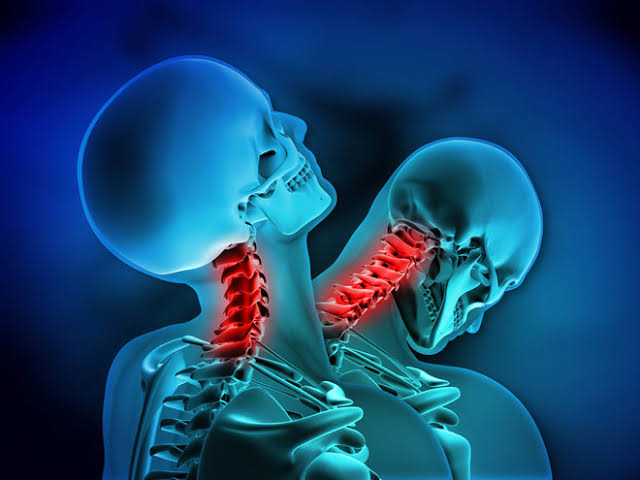The Comprehensive Guide to Whiplash Treatment after Car Accidents
Whiplash, a common injury resulting from car accidents, occurs when the neck experiences a sudden and forceful back-and-forth movement. It can lead to various symptoms such as neck pain, stiffness, headaches, and even cognitive difficulties. Seeking prompt and appropriate treatment is crucial to alleviate symptoms and prevent long-term complications.
Understanding Whiplash
Whiplash often occurs due to rear-end collisions, where the impact forces the head and neck into a rapid and exaggerated motion. Despite the prevalence of seat belts and airbags in modern vehicles, the sudden jerking motion can still cause significant damage to the soft tissues in the neck.
Symptoms of Whiplash
Recognizing the symptoms of whiplash is vital for seeking timely treatment. Common symptoms include:
Neck Pain
- Neck pain is the most prevalent symptom of whiplash, often radiating to the shoulders and upper back.
Stiffness
- Stiffness in the neck and surrounding muscles can limit mobility and exacerbate discomfort.
Headaches
- Headaches, ranging from mild to severe, may occur frequently following a car accident.
Dizziness
- Dizziness and vertigo are common complaints, potentially indicating underlying issues with the cervical spine.
Cognitive Symptoms
- Cognitive symptoms such as memory problems and difficulty concentrating may arise, affecting daily functioning.
Diagnosis and Evaluation
Proper diagnosis is essential for developing an effective treatment plan. Healthcare professionals typically perform a comprehensive evaluation, which may include:
Physical Examination
- A physical examination to assess range of motion, tenderness, and signs of nerve involvement.
Imaging Tests
- Imaging tests such as X-rays, CT scans, or MRI scans may be ordered to evaluate the extent of soft tissue damage or potential fractures.
Neurological Assessment
- A neurological assessment to check for signs of nerve compression or spinal cord injury.
Treatment Options
Pain Management
- Pain management strategies such as over-the-counter pain relievers, prescription medications, and muscle relaxants can help alleviate discomfort.
Physical Therapy
- Physical therapy focusing on exercises to improve neck strength, flexibility, and range of motion is often recommended.
Chiropractic Care
- Chiropractic adjustments can realign the spine and alleviate pressure on affected nerves.
Massage Therapy
- Massage therapy may help relax tense muscles and improve circulation in the affected area.
Injection Therapy
- Injection therapy with corticosteroids or numbing medications may be considered for severe pain or inflammation.
Recovery and Rehabilitation
Recovery from whiplash can vary depending on the severity of the injury and individual factors. While some individuals may experience relief within a few weeks, others may require months of rehabilitation. It’s essential to follow healthcare provider recommendations and avoid activities that exacerbate symptoms during the recovery process.
Whiplash is a common injury resulting from car accidents, characterized by neck pain, stiffness, headaches, and cognitive symptoms. Prompt diagnosis and appropriate treatment are crucial for relieving symptoms and promoting recovery. By understanding the symptoms, seeking timely medical evaluation, and adhering to recommended treatment plans, individuals can effectively manage whiplash and regain functionality.
Frequently Asked Questions
1. How long does it take to recover from whiplash? Recovery from whiplash varies depending on the severity of the injury and individual factors. While some people may experience relief within a few weeks, others may require months of rehabilitation.
2. Can whiplash lead to long-term complications? In some cases, whiplash can lead to long-term complications such as chronic neck pain, headaches, and mobility issues. Seeking prompt treatment and following rehabilitation recommendations can help minimize the risk of long-term complications.
3. What should I do if I suspect I have whiplash after a car accident? If you experience symptoms of whiplash after a car accident, it’s essential to seek medical attention promptly. A healthcare professional can evaluate your condition, provide a diagnosis, and recommend appropriate treatment options tailored to your needs.

